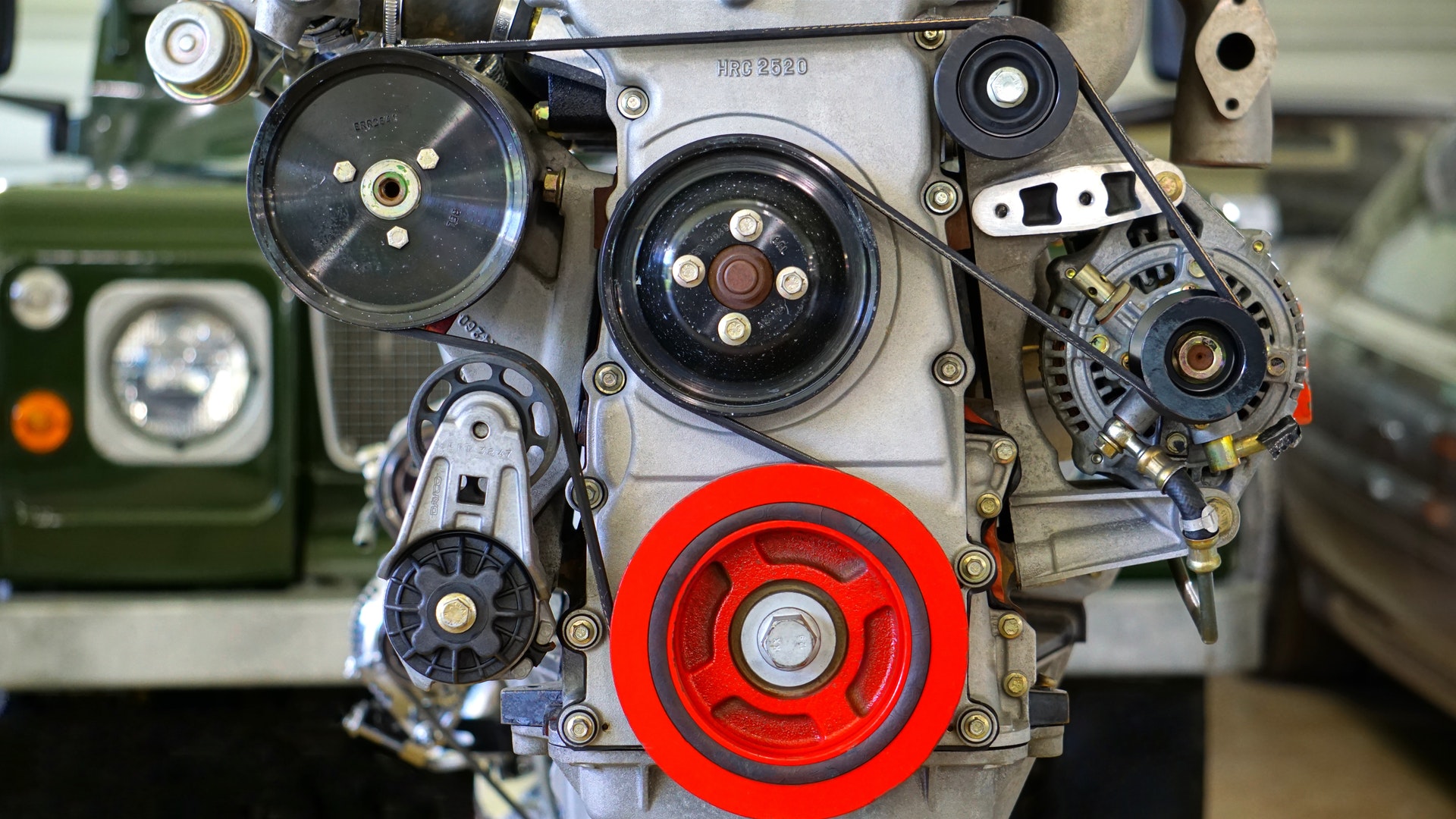Have you found any French words that are spelled the same as in English? Well, these are cognates.
What are Cognates?
Cognates or vrais amis in French are words that have the same meaning in both French and English and are written the same. Knowing these words exist is great if you’re learning French since you’ll realize you already know many French words since they are the same English. Your vocabulary will expand after reading this article. Here are 15 French-English cognates you should absolutely know so you can rock your French.
One thing to know about these dualistic words is that English people tend to say the French words with the same pronunciation as they would in English. This is unfortunate because even though these words are written the same way, the pronunciation is totally different! You might be wondering why are there so many English and French words that are exactly the same. Well, there are a lot of English words that come from the French language.
French-English Cognates You Should Know
Adorable

FR: adɔrabl – In French, the o is much softer than in English and the e is barely pronounced.
ENG: əˈdôrəb(ə)l – In English, the speaker really stops at the dor in adorable.
Budget

FR: bydʒ ε – In French, you do not pronounce the t at the end.
ENG: bəjət – In English, you do pronounce the t at the end. In both French and English, the bud is the strongest part of the word.
Central

FR: sɑ ̃tʀal – In French, you put more emphasis on the beginning of the word: CENtral.
ENG: sentrəl – In English, the c sounds more like and s like: sssssentrAL.
Date

FR: dat – In French, you put more emphasis on the second part of the word: daTE.
ENG: dāt – In English, it’s the contrary, you put more emphasis on the beginning of the word.
Effort

FR: efɔ ̃:ʀ – In French, you do not pronounce the t at the end and the whole word is quite soft.
ENG: efərt – In English, you do pronounce the t and the beginning of the word is stronger: EFFort.
Excellent

FR: εksεlɑ – In French, you hear eggcellent instead of a very strong x and you put more emphasis on the beginning of the word than the end of it. You also do not pronounce the t at the end.
ENG: eks(ə)lənt – In English, you pronounce it more with an x and you do pronounce the t at the end. But, like in French, you put more emphasis at the beginning of the word.
Final

FR: final – In French, the whole word is quite soft.
ENG: fīnl – In English, the second half of the word fiNAL is more emphasized.
Garage

FR: gaʀa:ʒ – In French, you do not really pronounce the e at the end.
ENG: ɡəˈräZH – In English, most of the emphasis is at the beginning of the word.
Hypocrite

FR: ipɔkʀit – In French, you do not pronounce the h.
ENG: hipəˌkrit – In English, you do pronounce the h.
Machine

FR: maʃin – In French, the whole word is soft and you emphases just a bit more the second half of the word.
ENG: məˈSHēn – In English, it is the beginning of the word that is more emphasized: MAChine.
Long

FR: lɔ ̃ – In French, you do not pronounce the g at the end.
ENG: lôNG – In English, on the contrary, you pronounce the g and you put more emphasis on the second part of the word: looNG.
Radiant

FR: ʀadjɑ ̃ – In French, you do not pronounce the t at the end and you put more emphasis on the r: rrrrrrradiant.
ENG: rādēənt – In English, you do pronounce the t at the end and also emphasize the beginning of the word but also the end of it: rrrradiANT.
Rat

FR: ʀa – In French, you do not pronounce the t at the end and you add more emphasis on the r.
ENG: rat – In English, the entire word is emphasized: RAT.
Regret

FR: ʀ əgʀ ε – In French, you do not pronounce the t (there are a lot of words with a t at the end that aren’t pronounced).
ENG: rəˈɡret – In English, you add more emphasis on the second part of the word and you do pronounce the t: reGRET.
Village

FR: vila:ʒ – In French, you do not really pronounce the e at the end: VILLAGe.
ENG: vilij – In English, same as in French (both French and English have g’s that sound like j’s).
Do you know other French-English cognates?











